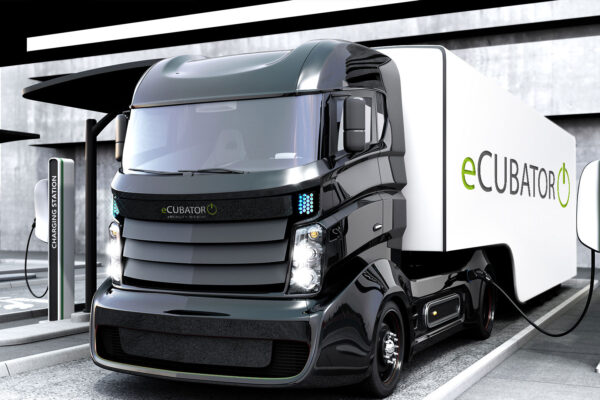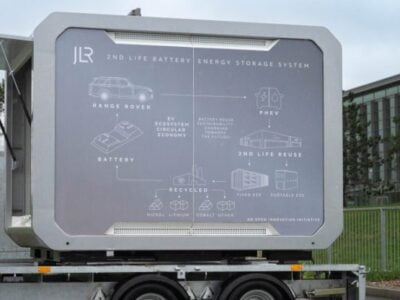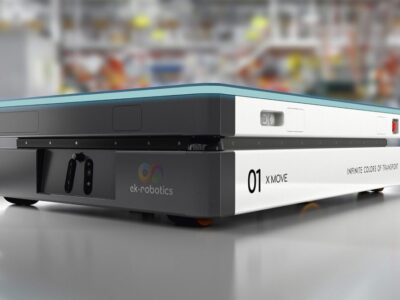
Knorr-Bremse establishes e-mobility development unit
Knorr has recognised that electromobility will fundamentally change the system requirements of commercial vehicles: The electrification of the commercial vehicle and thus the gradual substitution of the combustion engine requires an adaptation of the vehicle architecture. Above all, electric braking technologies with energy recuperation will, if not replace the classic air brake, at least reduce its importance in the future. Against this background, the company wants and needs to break new ground. In doing so, Knorr-Bremse intends to build on a recently developed product and technology portfolio for electric commercial vehicles.
To prepare the company for the coming generations of e-vehicles, it has launched the eCUBATOR as a think tank for future system integration in e-vehicles. The newly created business unit is intended to stand for an agile working environment, cross-functional teams and flat hierarchies. It bundles technical experience and interdisciplinary know-how and offers space for thinking outside the box.
“We see the electrification of commercial vehicles as one of the major industry trends in the commercial vehicle sector in which we want to participate. In order to further advance innovative solutions in this area, we have established eCUBATOR, a dedicated development unit that has been separated from normal development operations. The aim of eCUBATOR is to adapt our existing product portfolio to the mobility requirements of electric drives and at the same time to identify and develop growth opportunities for Knorr-Bremse in the e-mobility environment. Our aim is to support our customers in the e-mobilization of commercial vehicles,” says Dr. Peter Laier, Member of the Executive Board of Knorr-Bremse AG responsible for the Commercial Vehicle Systems division.
At sites in Munich and Budapest, eCUBATOR engineers will identify solutions for electrically powered commercial vehicles and develop them in close collaboration with customers, technology partners and start-ups. The company says that it is already working on a large number of different projects, to which further product ideas will be added in the near future.
Knorr-Bremse has already developed products for first-generation electrically powered commercial vehicles, some of which have been launched on the market. The company also believes it is well positioned in the brake control sector: The experience gained from brake blending, in which the friction brake, the retarder and another engine brake work together, was used to implement brake blending for electric vehicles as well. The braking effect of the electric motor is combined with a friction brake to produce an optimum braking effect and maximum energy recovery.
With a view to second-generation e-vehicles, which will be on the market from around 2025, Knorr-Bremse is looking at future energy management systems, electromechanical actuators and enhanced vehicle stabilization and drive functions, among other things.
In addition, the subsidiary Kiepe Electric is focusing on zero-emission public transport with its e-solutions and on the development and installation of complete electrical systems. Specific solutions include the Kiepe Traction Inverter (KTI), which can be used multifunctionally for traction and battery charging. The KTI supports the Kiepe Fleet Management (KFM) and the Smart Fleet-Charging Management (SFM) energy management system.
Further information: https://emobility.knorr-bremse.com/de/
Related articles:
Forwarding companies want the driverless truck, study says
Continental, Knorr develop autonomous driving platform for trucks
Toyota sends fuel cell trucks into practical test
Daimler rolls near-series, all-electric truck
Bosch electrifies semitrailers
 If you enjoyed this article, you will like the following ones: don't miss them by subscribing to :
eeNews on Google News
If you enjoyed this article, you will like the following ones: don't miss them by subscribing to :
eeNews on Google News




